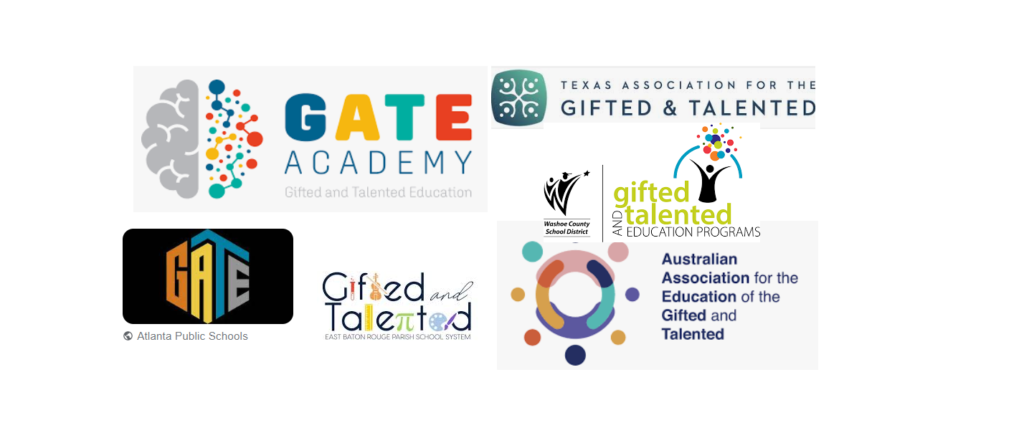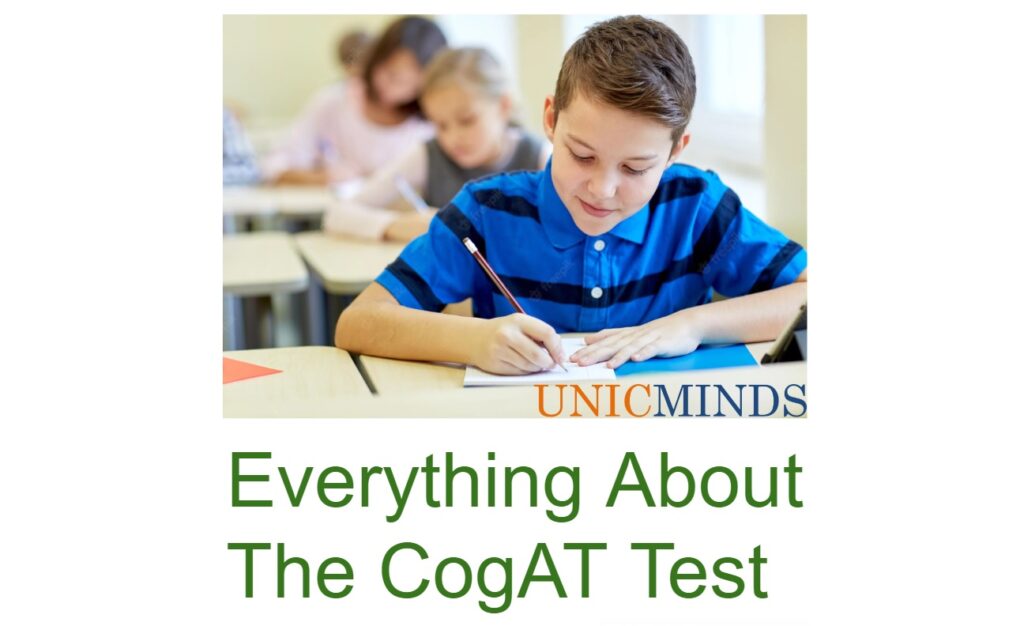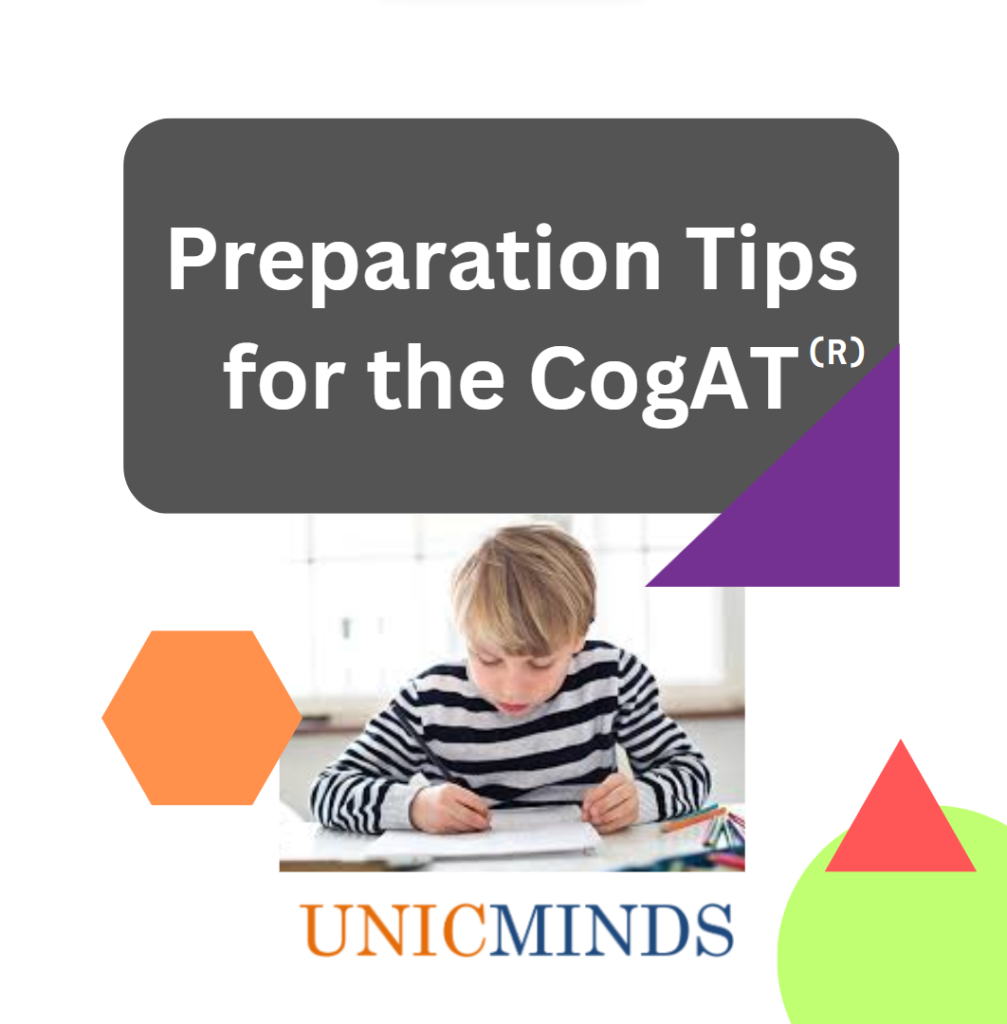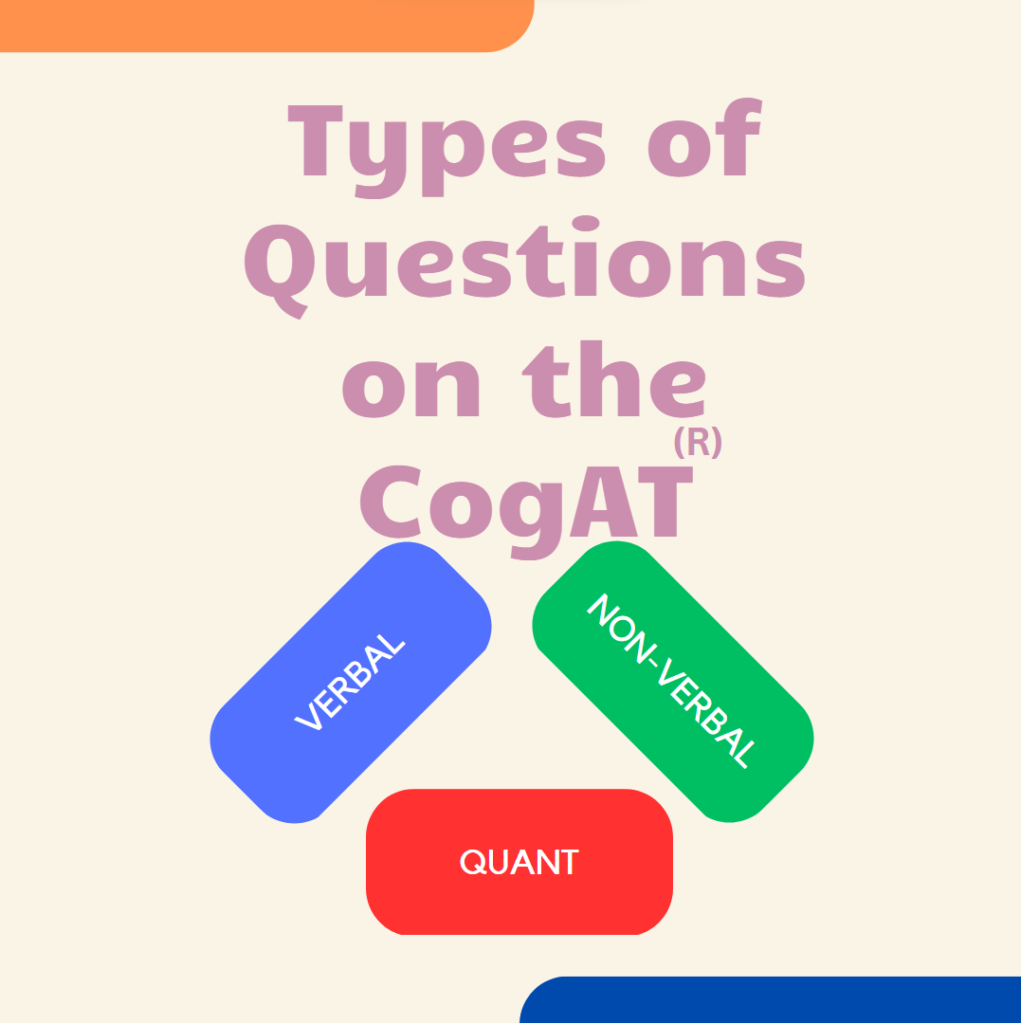Wikipedia defines gifted education as “Gifted education (also known as gifted and talented education (GATE), talented and gifted programs (TAG), or G/T education) is a broad group of special practices, procedures, and theories used in the education of children who have been identified as gifted or talented.”
This Fall, eligible students across many schools will be invited to take the Cognitive Abilities Test (CogAT) screener. This test measures students’ learned reasoning abilities through verbal/picture analogies, number analogies and figure matrices. Currently, the main purpose for administering the CogAT Post Screener is to identify students for TAG in the area of intellectual ability and to qualify for the Gifted program. The Gifted program provides a differentiated, challenging curriculum that meets the cognitive, emotional, and social needs of highly gifted students in grades 6-8, while being sensitive to their developmental level.
Multiple schools in Canada and the US offer gifted program education. Gifted programs are meant to address student’s true abilities and potential and for schools to effectively work on that potential. This reinvigorates students to engage actively and relieve themselves from boredom and make school a source of wonder and pleasure again. Studies found that students in gifted programs are more engaged in school and are less likely to develop social and behavioral problems, and are more likely to enhance and realize their potential in a challenging manner.
There are other tests too that are used for admissions into the gifted programs. For example, some of the most common gifted children tests, such as the Otis-Lennon School Ability Test (OLSAT), Naglieri Nonverbal Ability Test (NNAT), Cognitive Abilities Test (CogAT), New York City Gifted & Talented Test (NYC G&T), and the School and College Ability Test (SCAT). Sometimes, the verbal and nonverbal sections can also be administered in standalone fashion depending on what the school or district is looking for. For example, gifted program administrators of some schools use the OLSAT to assess the verbal abilities and rely on the NNAT to assess the non-verbal abilities. Similarly some schools in California will rely on CogAT and NNAT both. Many schools will also ask the student to take the SAT-10 (Stanford Test) along with any of the above gifted tests.
Let’s be honest – a majority of parents want their children to participate in a school gifted education program. Many gifted schools and programs provide learning environments that differentiate between each child’s learning needs. For example, children might be given advanced instruction in subjects they excel in such as mathematics and more graduated instruction for subjects they struggle in. This further reduces the chance of a mismatch between a child’s learning needs and the course curriculum.
In many gifted learning environments, students are encouraged to learn about subjects that interest them the most. Gifted research shows that this promotes a love of learning and can ignite a passion to pursue more in-depth studies.
The most clear measurable benefits of gifted education program are:
- Gifted students get used to the greater workload, a faster pace, and lots of enrichment. So, over a period of two to three years, you’ll see a major differential improvement in the gifted children. Gifted students will be accustomed to reading challenging material and diving into the details, thereby developing crucial skills for excelling in university or college.
- Many universities and colleges also think highly of high school gifted programs and provide scholarships, which can improve a student’s chances for acceptance.
- Gifted schools and programs enable students to be in school with peers who often have similar abilities and interests as them. This can provide a stimulating environment. This also enables some students to more easily find a group of friends.
- While this is not the objective of the gifted program, there is no denial that students part of the gifted program will have a self-boost and a positive self-concept. Knowing that you are one of the “smart” kids can’t help but make you feel good about yourself. The effect is especially amplified when placed in a classroom along with non-identified students; gifted students tend to achieve academically at a higher level and, therefore, feel better when compared to non-identified peers.
- There appears to be a link between students who obtain gifted education services and post-graduate academic success. Several longitudinal studies have demonstrated that children who are identified as gifted during grades K-12 go on to higher levels of graduate education, including a significantly higher percentage of doctoral degrees. Critics correctly remark, however, that there are many more highly successful people that were not identified as gifted. Furthermore, there are numerous different variables that affect future success.
- Although this is a controversial subject (mainly because there is research to support both sides of the argument), there is evidence to suggest that students in gifted programs exhibit higher levels of achievement than their peers. In a meta-analysis of research over the past century, it was found that particular types of gifted programs—namely acceleration and ability grouping— had significant positive effects on academic achievement.
- Gifted students challenge, support, and empower one another to reach new heights in their educational experience. Gifted students are united by their inquisitive nature and their strong ability to acquire and reflect upon their learning.

In summary, the Gifted program seeks to meet the unique and challenging needs of the highly gifted student in the following ways:
- Depth and complexity through the infusion of higher order thinking into daily lessons
- Intellectual peer stimulation
- Curriculum differentiation, including freedom to be creative with open-ended assignments and activities
- A dynamic classroom learning environment which integrates the affective and cognitive domains
Gifted Education has its proponents and its detractors, but it is here to stay. There is a genuine need for programs in K-12 education that can help advanced learners thrive. Although being identified as gifted can lead to unrealistic expectations, it can also help a student reach their potential. Evidence suggests that gifted programs help students with academic achievement, socialization, and future success.
In Canada, there are schools offering gifted programming in Alberta, Toronto, Montreal, Quebec, Vancouver, BC, Calgary, Ottawa, Edmont, Richmond Hill, Oakville, Mississauga, Markham, Brampton, and Ontario.
At UnicMinds, we help children prepare for tests such as CogAT. We provide personalized 1:1 classes for children planning to give the CogAT anytime of the year. You can book a free trial class or download our free strategy and parental guides to learn more about our extensive question banks, practice, and unique strategy guides that help children to ace the tests.
Hope this is helpful, thank you.
Click here to learn more about CogAT at UnicMinds.




